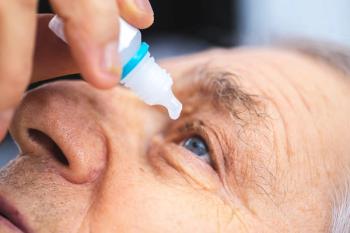
Amendments to Optometry Act allow Canadian optometrists to prescribe medication
The Optometry Amendment Act will allow optometrists to prescribe and administer drugs to persons with certain eye conditions.
Winnipeg, Manitoba-The Optometry Amendment Act, scheduled to take effect July 15, will allow optometrists to prescribe and administer drugs to persons with certain eye conditions, said Theresa Oswald, Health Minister of Manitoba.
“Until now, optometrists treating patients requiring medication had to refer them to ophthalmologists or other physicians,” Oswald said. “The amendments will improve access to eye care and reduce wait times for treatment for patients.”
Under the new legislation, qualified optometrists will be able to prescribe and administer certain drugs to treat eye infections, glaucoma, uveitis, dry eye, and ocular allergies. Additionally, qualified optometrists will be able to collaborate with ophthalmologists to treat more serious eye diseases.
The amendments will also expand the scope of practice of optometrists so they may remove superficial foreign bodies from the eye, and order and receive screening and diagnostic tests. The change has the support of the
“This is great news for our patients and everyone in Manitoba,” said Neil Campbell, OD, MAO president. “Most of our members have been educated and trained to prescribe medications for years. We are pleased that the Manitoba government has made changes that will broaden access to medically necessary services across the province.”
Optometrists provide approximately 80% of all first contact, primary vision, and eye health examinations in Manitoba, according to the MAO.
Newsletter
Want more insights like this? Subscribe to Optometry Times and get clinical pearls and practice tips delivered straight to your inbox.









































